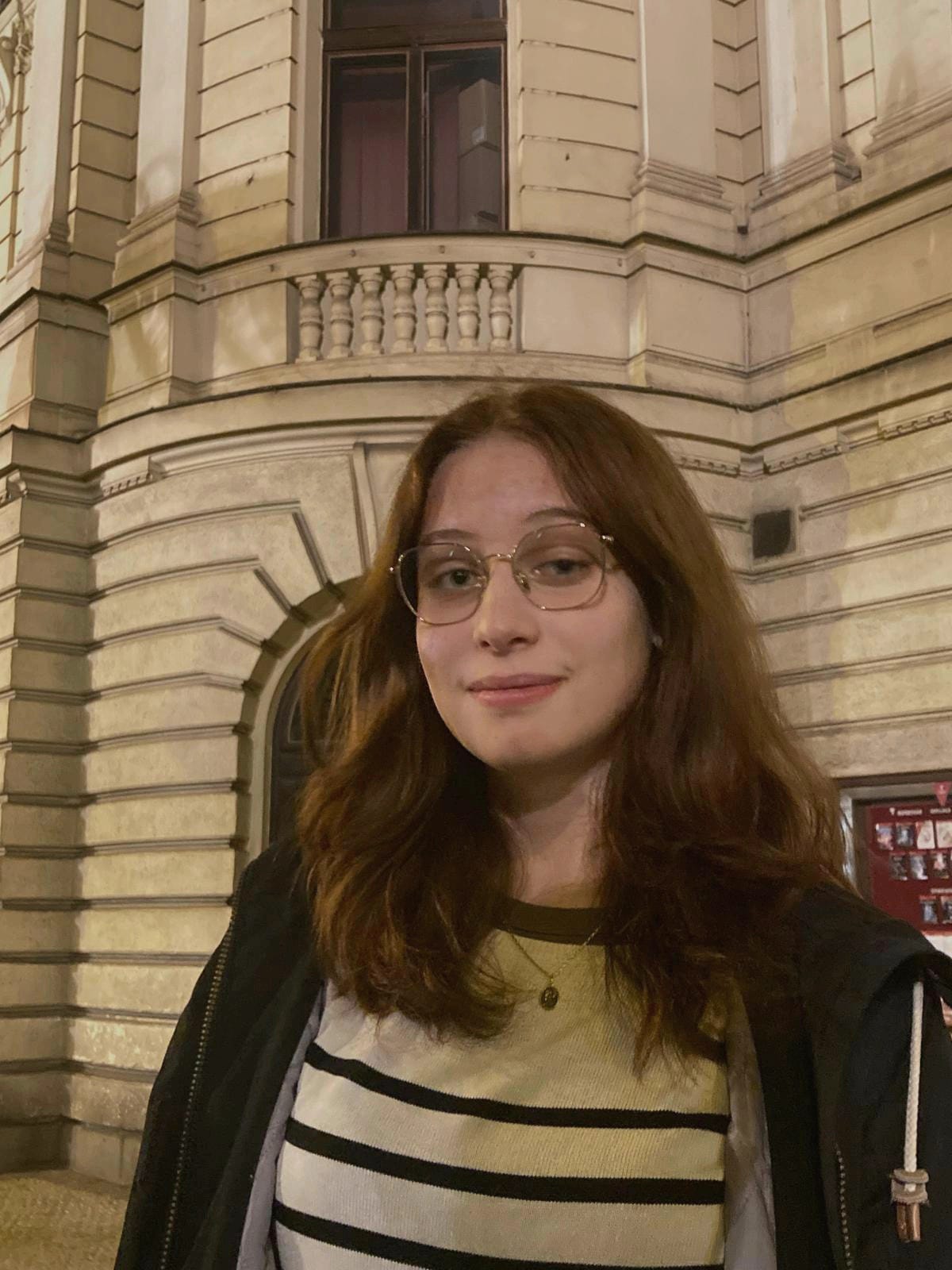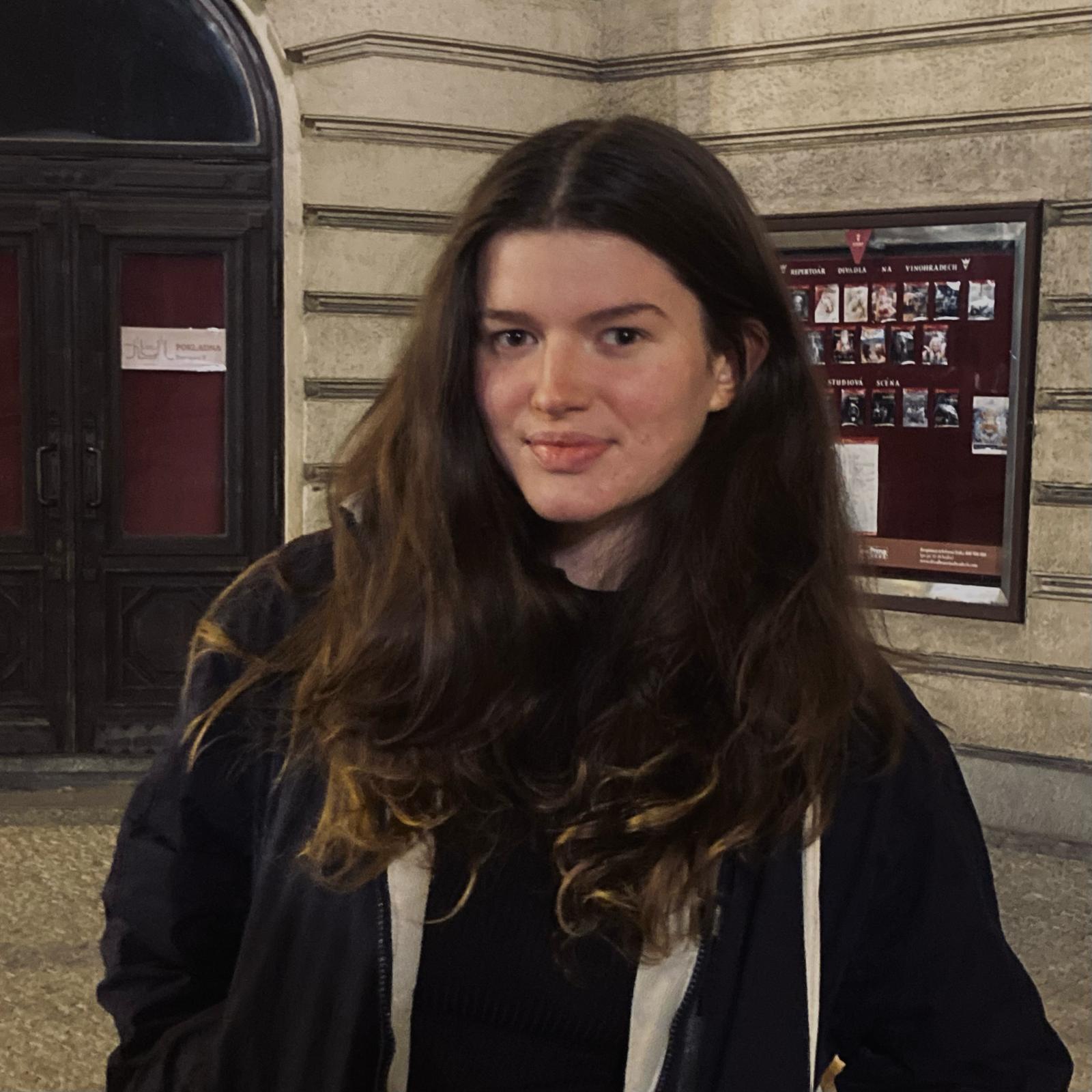
Historical committees in MUN conferences simulate significant past events, allowing delegates to debate and resolve issues using the knowledge and context available at the time. Delegates can represent a wide range of historical entities – from the most powerful ancient empires to specific historical figures.


Stela Šprincová
Topic: The Council of Trent
It is the year 1545, and Europe is largely shaped by the ongoing Protestant Reformation, which had begun in the early 16th century. In response to the spread of Protestantism, the Council of Trent, which will last for 18 years, has just convened its efforts to re-establish the authority and doctrine of the classical Catholic Church. This pivotal assembly aims to confront critical and controversial issues, including the sale of indulgences, widespread clerical abuses, and the need for educational reforms within the clergy. Although the Council has support from prominent European rulers, theological thinkers, and religious figures, the Renaissance mental shift in favor of human rationality and skepticism regarding the Catholic Church is not insignificant and must be responded to with discretion and correctness. Delegates representing diverse perspectives of the most important contemporary figures – monarchs, cardinals, and theological philosophers – will engage in robust discussions to forge a unified response to these pressing concerns.
Matrix:
Advanced: Cardinal Giovanni Carafa, Cardinal Reginald Pole, Alfonso Salmeron, Cardinal Otto Truchsess von Waldburg, Cardinal Giovanni Morone, John Calvin, Martin Bucer, Jacopo Sadoleto
Expert: Catherine de' Medici, Charles V. (Holy Roman Emperor), Henry VIII, Ignatius of Loyolan, Ferdinand I (King of Bohemia, Hungary and Croatia), Thomas Cranmer, Martin Luther, Philipp Melanchthon